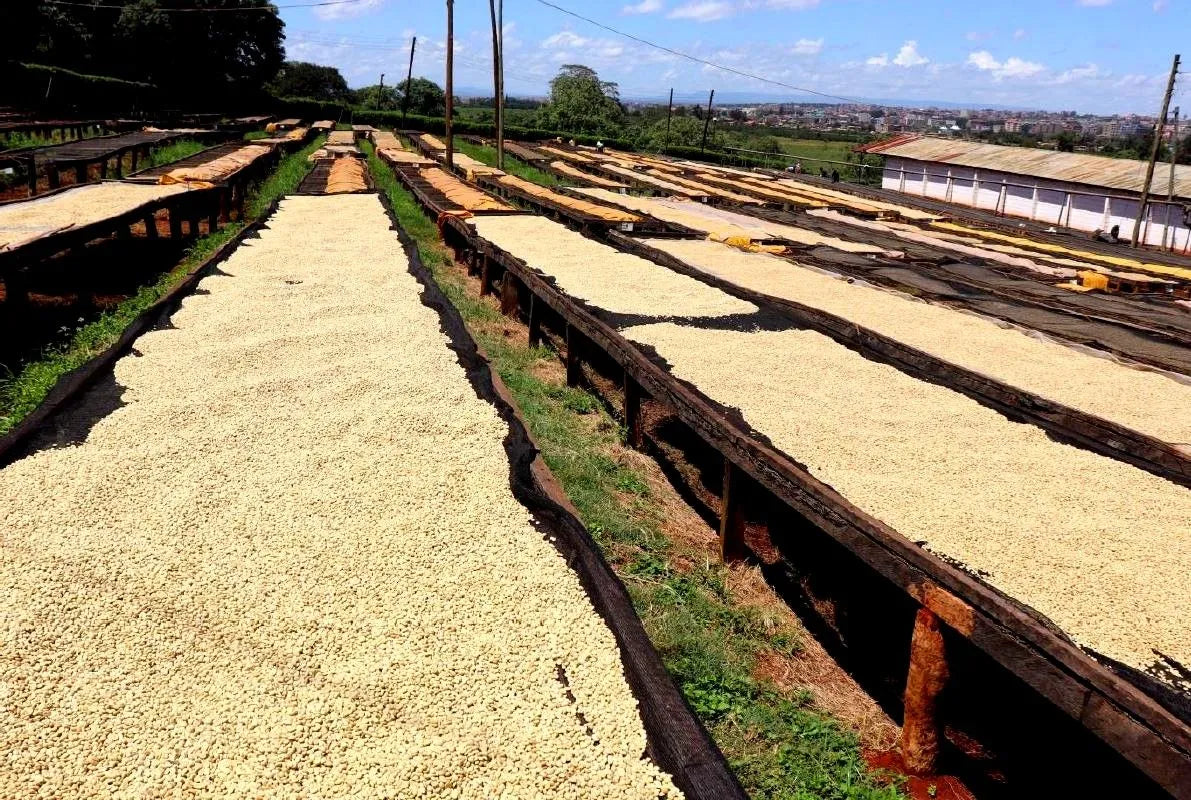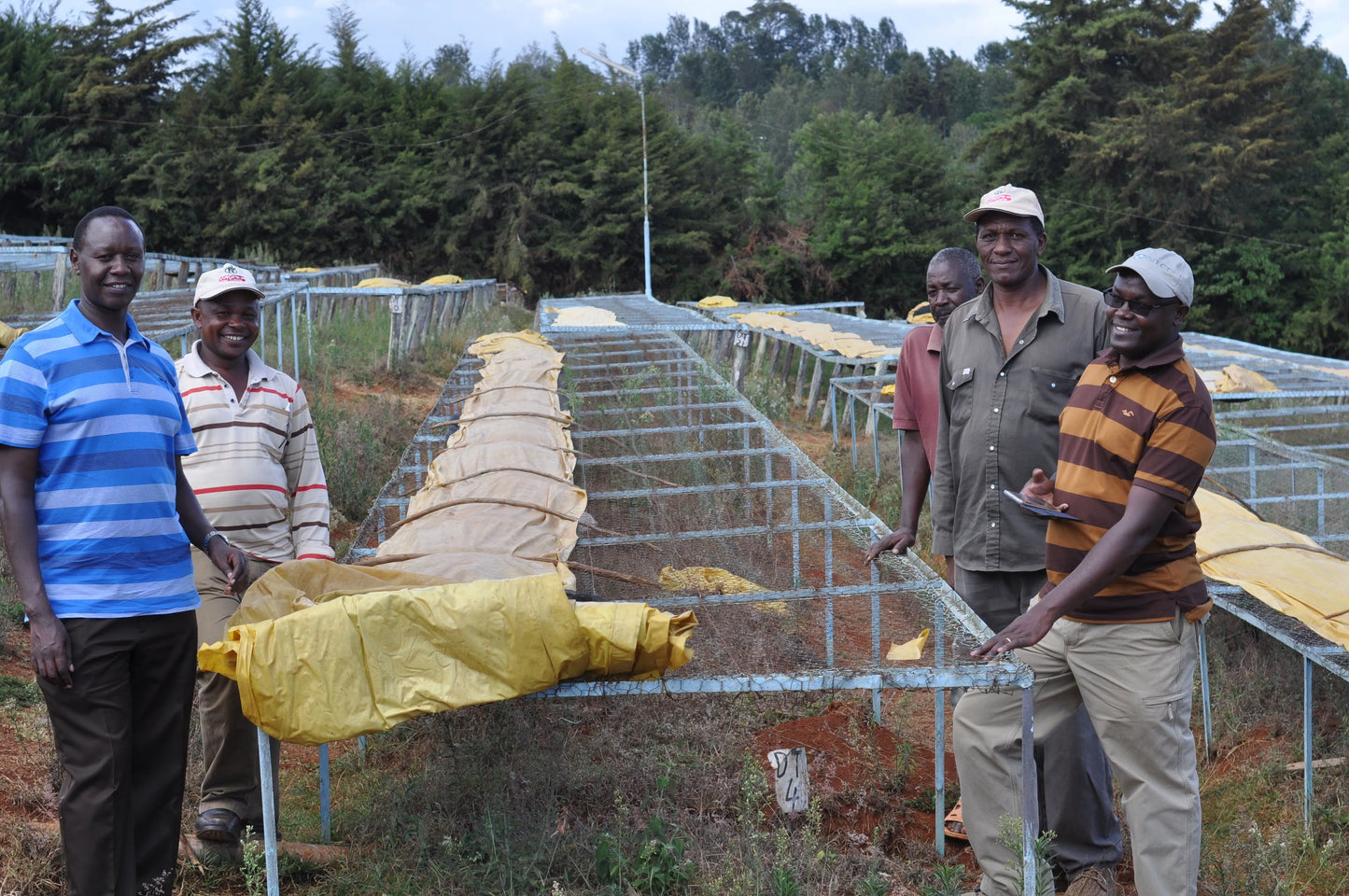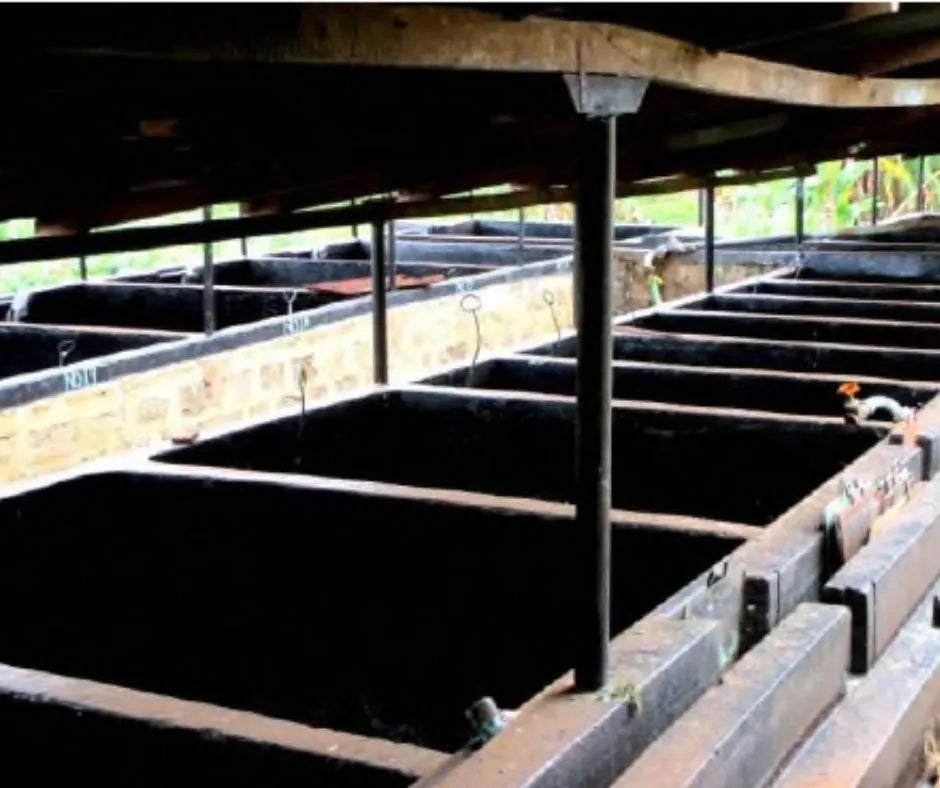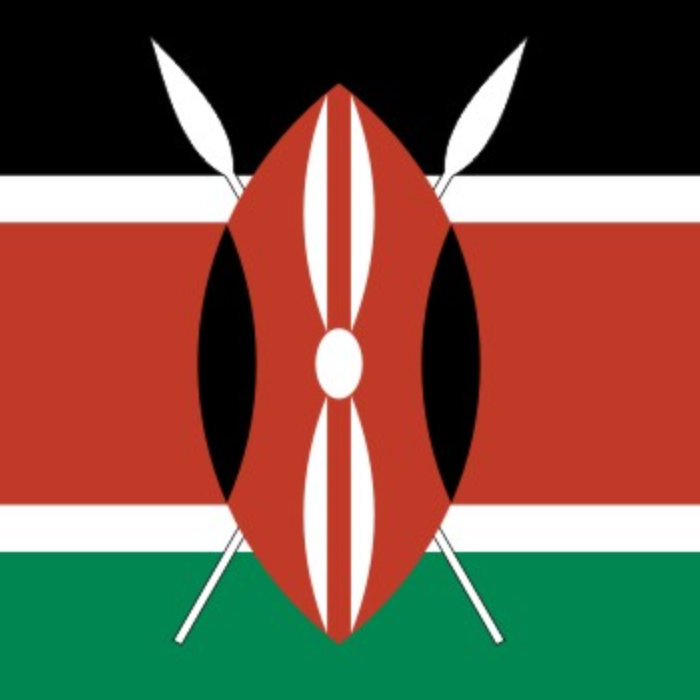jakafe
Kenya - Kijani Kiboko AA - CO2 DECAF
Kenya - Kijani Kiboko AA - CO2 DECAF
In stock
Prices are listed per 1kg excluding VAT and are subject to final approval.
Packaging 60kg Jute
Kenya Kijani Kiboko is an exceptional coffee that represents the best of African selection coffees. This particular lot comes from the central highlands of Kenya, an area renowned for producing some of the best coffees in the world. The name "Kijani Kiboko" is of Swahili origin, where "kijani" means "green" and "kiboko" is "hippopotamus". This name evokes the strength, vitality and naturalness that are associated with this coffee.
Origin and processing
Kijani Kiboko coffee is grown at altitudes of around 1,700 to 2,000 meters above sea level, where ideal conditions, including rich volcanic soil and a mild climate, allow for the production of high-quality coffee beans. These plantations are often small family farms that focus on environmentally friendly agricultural practices.
This coffee is washed, a traditional method popular in Kenya, in which the beans are separated from the pulp, then fermented and washed, which helps to bring out the bright, fresh flavors and complex aromas that are typical of Kenyan coffees.
We went even further in processing this batch because we sensed huge potential in decaffeinated coffee. After it arrived in Europe, we had the entire batch sent for decaffeination using the CO2 method, which does not remove the coffee's flavor profiles.
Principle of the method
Supercritical CO2 is created under specific conditions when carbon dioxide is compressed to a pressure above 73 atm and heated to a temperature above 31.1 °C. In this state, CO2 behaves as a low-viscosity liquid that also has a high ability to penetrate solids such as coffee beans. Supercritical CO2 acts as a selective solvent that has a special affinity for caffeine molecules, but preserves other organic substances responsible for taste and aroma.
Decaffeination process
-
Preparing the coffee beans : Before the actual decaffeination process begins, the coffee beans are moistened with water or steam. This step increases their porosity, allowing CO2 to more easily access the caffeine.
-
Supercritical CO2 application : Coffee beans are placed in a pressure vessel where supercritical CO2 is applied to them. This passes through the beans, absorbing and extracting the caffeine, while the other components remain intact.
-
Caffeine separation : The caffeine-laden CO2 is then removed from the pressure vessel and fed into a separation chamber where the pressure is released. By reducing the pressure, the CO2 returns to a gaseous state, resulting in the separation of the caffeine. The caffeine is then captured and the CO2 is recycled back into the process.
-
Final steps : The coffee beans are dried to remove residual moisture and prepared for further processing, whether roasting or packaging. The resulting coffee contains less than 0.1% residual caffeine, meeting the standards for the "decaffeinated" label.
Advantages of the CO2 method
-
Flavor-friendly : One of the main advantages of this method is the ability to preserve the complex flavors and aromas of coffee, which is key for discerning consumers. CO2 selectively targets caffeine without affecting other important chemical compounds.
-
Eco-friendly and safe process : CO2 is non-toxic, non-flammable and can be easily recycled, making this process environmentally friendly. No chemical solvents are used, which is beneficial in terms of both quality and safety.
-
Flexibility of use : This method is applicable to various types of coffee, including both Arabica and Robusta, and is suitable for large industrial scale as well as smaller specialized productions.
The CO2 method is therefore one of the most popular and recognized decaffeination techniques, which guarantees high quality decaffeinated coffee with minimal loss of flavor.
Flavor profile
Kijani Kiboko coffee has an exceptionally clean, fresh and rich flavour profile, characteristic of the best Kenyan coffees. At first taste, a lively, citrusy acidity is evident, often reminiscent of lime or grapefruit. This acidity is perfectly balanced by the medium-full body of the coffee, which carries notes of sweet berries such as currants or blackberries.
Subtle notes of black tea and hints of chocolate emerge in the background, adding another layer of complexity to the coffee. The finish is long and satisfying, with a touch of sweet juiciness and subtle spice, making this coffee an ideal choice for those looking for a flavourful experience.
Flavor profile: Citrus acidity, dark grapes, blackcurrant and grapefruit
Country of origin : Kenya
Region : Nyeri & Tharaka Nithi
Farm : Kahuro, Kiuu, and Kathinthiuku Factories
Farmer : Kahuro, Kiuu, and Kathinthiuku Factories
Altitude: 1700-1900 m above sea level
Variety : SL28, SL34, Ruiru 11
Processing : Washed and CO2 decaffeinated
Cupping Score : 87
Crop: 2024




Ask for quantity and price
Please also include the specific product you are interested in in the text.




